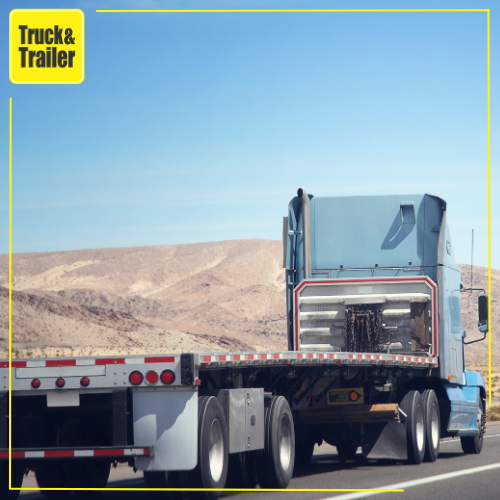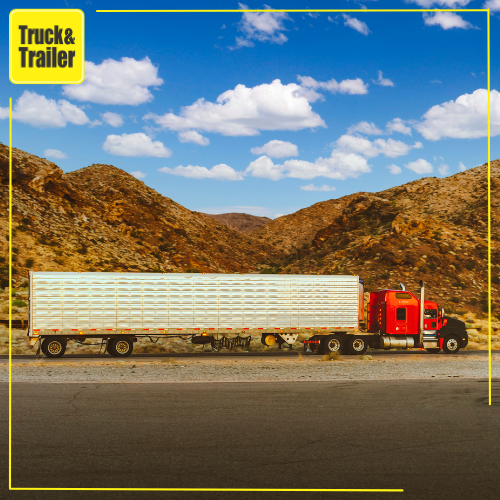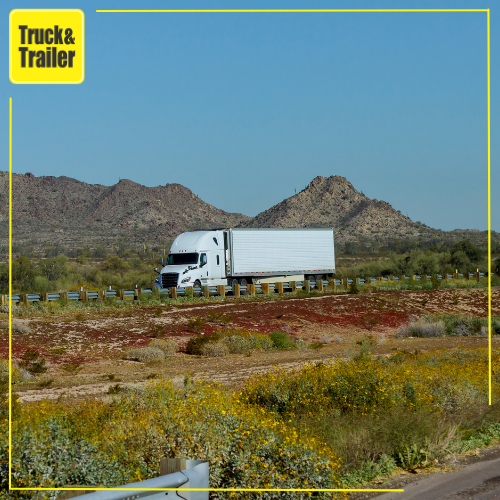In the intricate web of global energy distribution, fuel tankers play an essential role in ensuring that the energy resources we rely on reach their intended destinations efficiently and reliably. These colossal vessels, also known as oil tankers, are the lifelines of the modern world, facilitating the movement of crude oil and refined petroleum products across vast distances. This article delves into the fascinating world of the tankers, exploring their types, significance, challenges, and innovations that shape their operation. Browse through fuel tanker on Truck & Trailer from from various dealers at affordable prices.
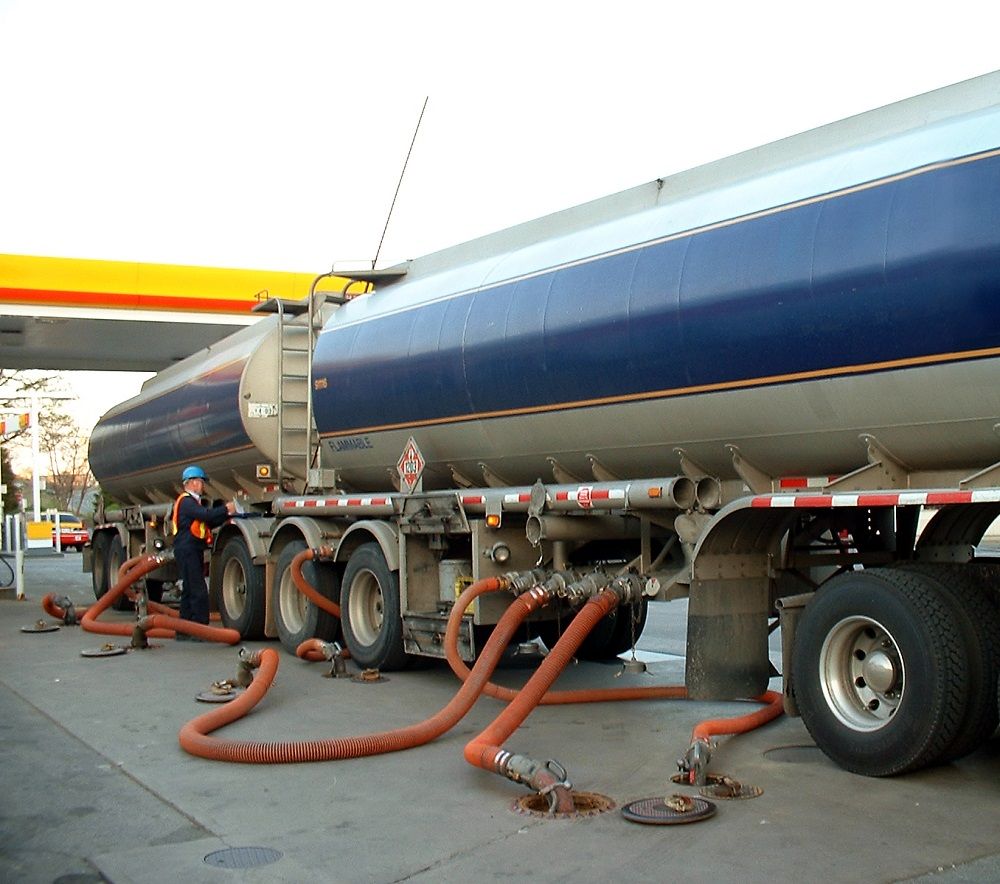 Photo by @gr5 on FreeImages
Photo by @gr5 on FreeImages
Types of Fuel Tankers
Fuel tankers come in various shapes and sizes, tailored to suit the diverse needs of the energy industry. There are primarily two main types:
Crude Oil Tankers: These tankers transport unrefined crude oil from oil-producing regions to refineries. Crude oil tankers are further categorized based on size, with the largest being Ultra Large Crude Carriers (ULCCs) and Very Large Crude Carriers (VLCCs). These mammoth vessels can carry millions of barrels of crude oil and are essential for maintaining the global supply of petroleum.
Product Tankers: Product tankers carry refined petroleum products such as gasoline, diesel, jet fuel, and other chemicals. They are subdivided into smaller categories like Aframax, Panamax, and Handysize tankers, each optimised for specific cargo capacities and navigation requirements.
Significance in Global Energy Distribution
The oil tankers are the arteries of the global economy, ensuring a steady supply of energy resources to power industries, transportation, and households. Here are some key reasons why they are of paramount importance:
Global Trade: Energy resources are not evenly distributed across the world. Oil tankers enable the efficient movement of these resources from regions of surplus to regions of demand, connecting producers and consumers across continents.
Supply Chain Resilience: The reliability of this tanker operations is crucial for preventing energy shortages and price fluctuations. Disruptions in tanker operations can impact the entire supply chain, leading to economic instability.
Economic Impact: The energy industry constitutes a significant portion of the global economy. The tankers of fuel contribute to this by facilitating the export of oil and petroleum products, generating revenue for producing countries and enabling economic growth.
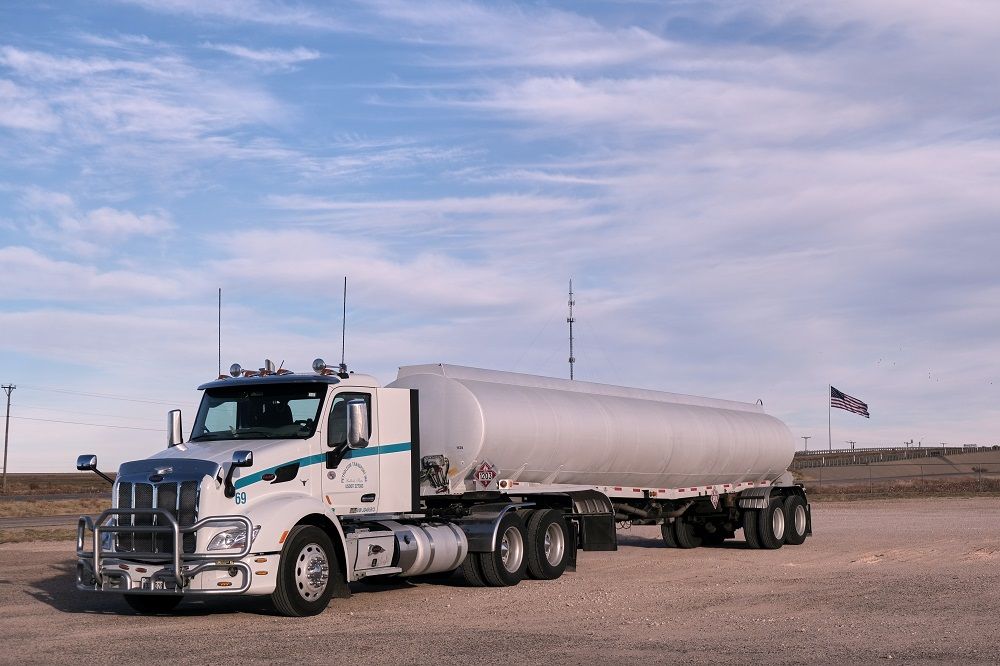 Photo by Alexander on Pexels
Photo by Alexander on Pexels
Challenges and Innovations
Operating oil tankers presents several challenges that the industry continually addresses through innovation:
Environmental Concerns: Oil spills and air pollution from tanker operations have raised environmental alarms. Innovations include double-hulled tankers to prevent spills and the development of cleaner fuel alternatives.
Safety: The flammable and hazardous nature of petroleum products demands rigorous safety measures. Advanced technology, such as inert gas systems and automated monitoring, enhances crew safety and minimises risks.
Efficiency: Fuel efficiency is a paramount concern due to its impact on both operational costs and environmental footprint. Innovations like advanced hull designs and energy-saving propulsion systems are helping tankers operate more efficiently.
Navigation and Communication: Navigating colossal tankers through narrow waterways and congested ports requires precise coordination. Cutting-edge navigation systems, along with improved communication infrastructure, aid in safe and efficient transit.
Types of these Tankers
In addition to the maritime fuel tankers that traverse the oceans, there's a whole different category of this type of tankers that operate on land. These land-based tankers, often seen on roads and highways, play a crucial role in the distribution of petroleum products over shorter distances. They come in various sizes and configurations, each designed to suit specific transportation needs. Let's explore some of the common types of oil tankers:
Rigid Tankers:
Rigid tankers are trucks with an integrated tank body. These tankers are commonly used for short to medium-distance transport of fuel within cities or regions. They come in various capacities and configurations, including single-compartment and multi-compartment designs to carry different types of fuels simultaneously.
Semi-Trailer Tankers:
Semi-trailer tankers consist of a tank body mounted on a separate trailer chassis. These tankers are more versatile and can carry larger loads than rigid tankers. They are often used for intercity or interstate fuel transportation.
B-Trains and Road Trains:
B-trains and road trains are configurations that involve connecting multiple trailers to a single tractor unit. These setups allow for even greater load capacity while maintaining maneuverability. They are commonly used in regions with expansive road networks, such as certain parts of Australia and North America.
Articulated Tankers:
Articulated tankers are similar to semi-trailer tankers but are characterised by a flexible joint between the tractor and the trailer. This joint enables better maneuverability, making them suitable for navigating through challenging terrains and tight spaces.
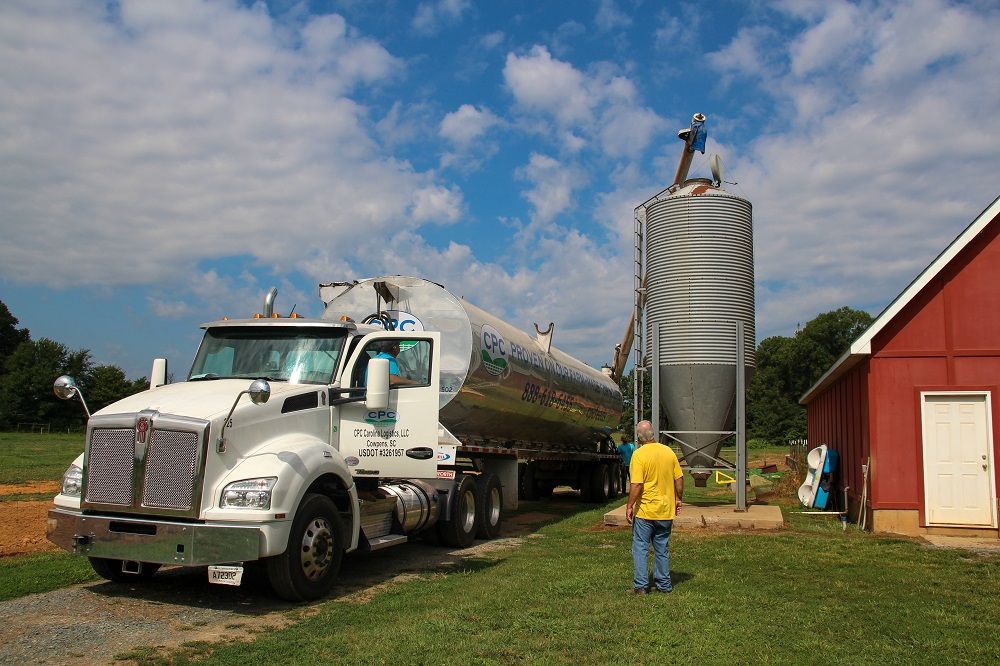 Photo by Rachael Holzman on Pexels
Photo by Rachael Holzman on Pexels
Fuel Tanker Trailers:
These trailers are designed to be towed by heavy-duty trucks. They come in various sizes and configurations, with some trailers having multiple compartments to transport different types of fuels or liquids. Oil tanker trailers are often used for bulk fuel delivery to gas stations, construction sites, and other destinations.
Specialised Tankers:
Some fuel tankers are designed for specific purposes. For instance, aviation fuel tankers are built to transport jet fuel to airports, and milk tankers are used for transporting liquid dairy products. These specialised tankers have unique features to ensure the safe transportation of their specific cargo.
Hazmat Tankers:
These tankers are designed to transport hazardous materials, including flammable liquids, chemicals, and gases. They adhere to strict safety regulations and often include features like reinforced construction, leak detection systems, and specialised compartments.
Fuel tankers are unsung heroes of the modern world, facilitating the movement of energy resources that power our lives. Their significance in global energy distribution cannot be overstated, as they bridge geographical gaps and ensure that economies continue to thrive. As the energy landscape evolves, so do the challenges and innovations in the tanker industry, ensuring that these vessels remain safe, efficient, and environmentally responsible. While often hidden from our everyday view, oil tankers are an indispensable force shaping the trajectory of our global energy future. By searching the inventory on Truck & Trailer, you may get affordable Fuel tanker from a number of dealers.
